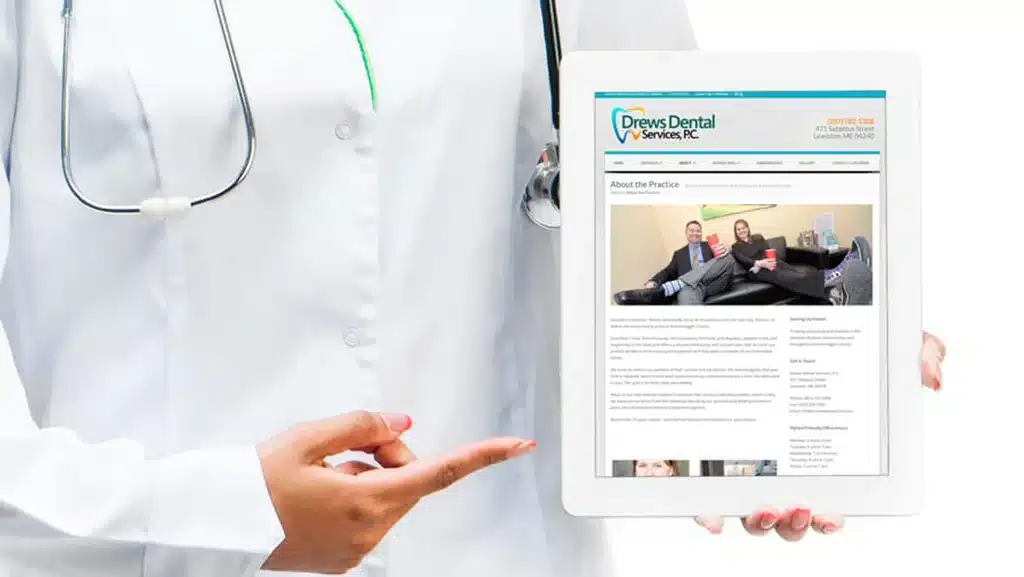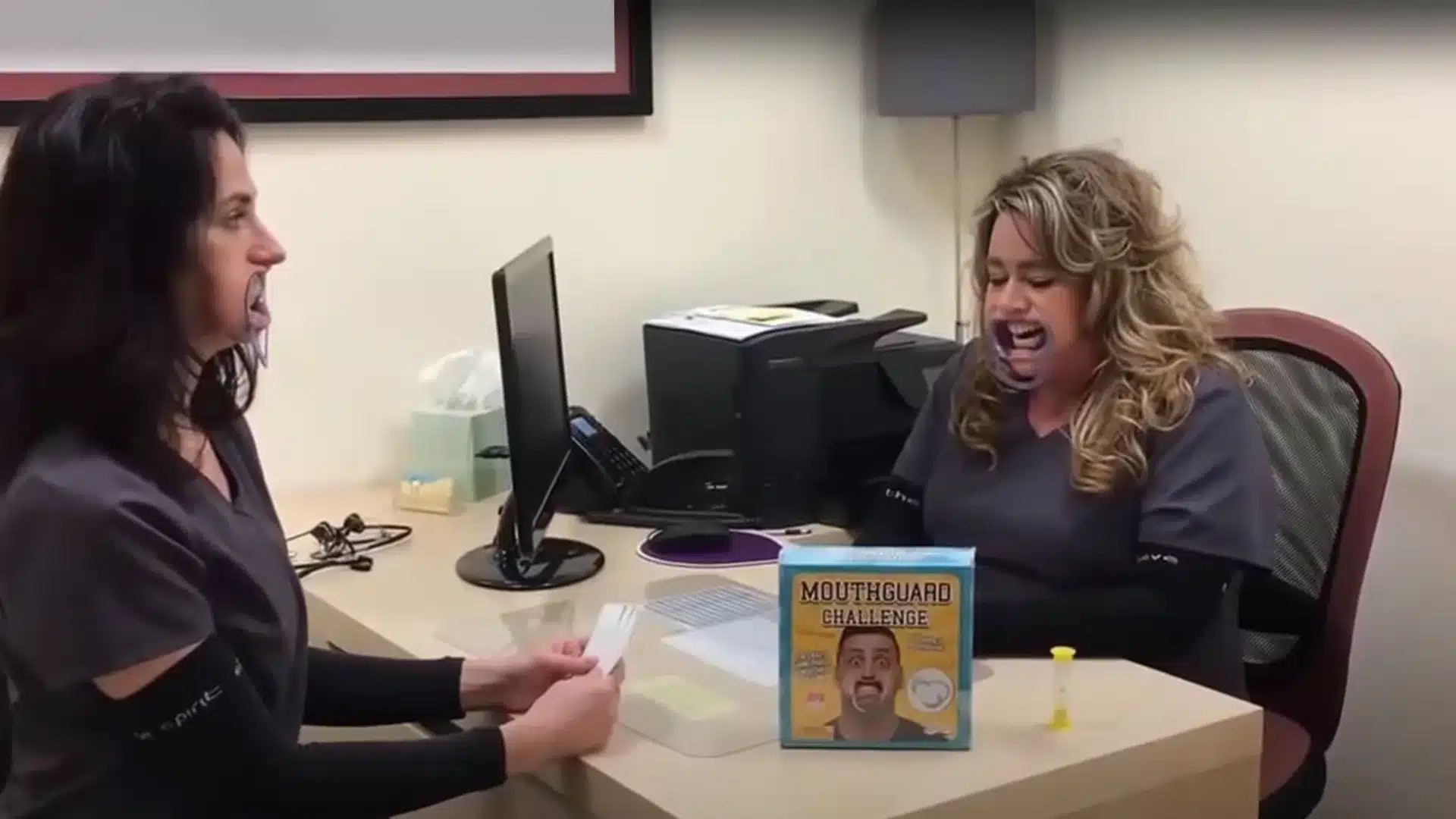Hello Tooth Fans!
You know, sometimes as dentists we take the information we know for granted and we forget that there are little “life of a dentist” tidbits that you may not be aware of. For example, did you know that sometimes patients come to us because they need dental clearance prior to having surgery?
It’s true. As life-long learners and dentists who like to offer up our expertise to the universe at large, we also sometimes offer up notes and quotes to journalists who are looking for information. We love to see writers tackling oral health issues and shedding some light on subjects that are part of our everyday lives. Most recently, a journalist was seeking advice on how a neglected tooth could sidetrack someone’s surgery and I realized that maybe getting surgical clearance from your dentist, or dental clearance for an upcoming procedure, isn’t something everyone is aware of.
Dental Clearance Prior to Surgery?
Absolutely, doctors and surgeons sometimes require a patient to get clearance for surgery from a dentist. The most common surgeries I’m asked to give clearance for are joint replacements and heart surgeries. I’m also asked to give clearance at the initiation of chemotherapy.
What A Dental Clearance Appointment Involves
When asked to clear a patient prior to surgery I will conduct a complete examination including radiographic (x-ray) analysis to determine if there is any infection in the teeth, gums, or jaw bone. I will write a detailed letter to the surgeon if there is any active infection in the mouth, and I will include a plan for treatment.
I’ll divide the treatment into that which I think is necessary to be treated prior to surgery (teeth which require root canals or extractions or if the gums require treatment with scaling and root planing to remove sub gingival tartar) and that which could potentially wait until after surgery if necessary (smaller areas of decay which don’t appear to pose a risk to infecting the pulp in the near future or elective procedures to stabilize or replace teeth – crowns or bridgework, for example).
The Connection Between Oral Health & The Rest Of The Body
So what are doctors worried about? Why do they ask a patient to get dental clearance prior to a hip replacement or heart surgery or before starting chemotherapy?
The risk is that bacteria which is in the mouth can spread throughout the rest of the body and cause infection in other sites, particularly sites where there is compromised blood flow, such as when placing a new joint or replacing a heart valve. If the bacteria settles in those locations, it can cause infection and potentially result in a failed replacement or more severe heart problems.
As for chemotherapy patients, getting an oral health exam before cancer treatment is just as important. Again, the mouth contains bacteria and if your body’s immune system is compromised by the drugs used to fight the cancer cells, it can’t fight off infection as well as it used to. Consequently, a previously asymptomatic infection in the mouth may become significantly more severe (and sometimes even life-threatening).
In fact, your dentist can offer a great deal of help and support before, during and after cancer treatments or chemotherapy. Oral complications depend on the drugs used, the dosage, the degree of dental disease, and the use of radiation, but dentists can help you manage and prevent oral complications like mucositis, xerostomia or salivary gland dysfunction, neurotoxicity, radiation demineralization and radiation caries, bleeding, tissue fibrosis and etched enamel.
Dental Clearance for Medications
There are also some medications, such as bisphosphonates, which a doctor will ask for dental clearance prior to prescribing as well. Bisphosphonates are often used in osteoporosis patients to decrease the rate of bone loss which occurs in their skeleton.
In this case your physician will want to know if there is any anticipation that you could require a tooth extraction in the near future because there is a significant risk of osteonecrosis of the jaw (essentially bone death) when extractions are performed on a patient who takes this type of medication (particularly via an IV route). The reason is that while your body is recovering from an extraction there is a normal healing process where the defective parts of the bone are broken down by the body, but bisphosphonates make this process less efficient and the dead bone can’t be cleared away.
Letting Your Dentist Know
Even if you don’t require dental clearance for an upcoming surgery or procedure, it’s a good idea to let your dentist know about your overall health and about any upcoming surgeries. Just as your primary care physician and any specialists sometimes seek information from your dentist about your overall oral health, you should keep your dentist informed about your overall health as well – particularly if you have had surgeries like heart valve replacements or joint replacements.
Sometimes a primary care physician or surgeon will want you to take antibiotics prior to dental procedures which occur AFTER a surgery is over (sometimes for a few months, or other times for the rest of your life) in order to prevent bacteria which is stirred up in the mouth from colonizing on the areas of disrupted blood flow in the body. That’s obviously something your dentist needs to know. That patient would usually take the antibiotic an hour before any dental procedure which is likely to cause bleeding.
That’s why you have to fill out new patient forms with all of those medical questions and why we sometimes ask you to provide an update to that information when you come in for a routine cleaning and why we might also ask you detailed questions prior to a dental procedure, too.
While the rule of thumb for updating your medical information at your dentist office yearly, please make sure you update your dentist anytime anything changes, too. Changes like new medications you’re taking, upcoming surgeries, worsening allergies, a pregnancy . . . Ah, pregnancy. More about that next time, tooth fans.
Love & Preventing Foreseeable Health Complications,

Update: Yours truly got quoted! The biggest takeaway from Stephanie Thurrott’s article is that if you know you are going to have surgery, be sure to see your dentist and get your own clearance, even if it’s not required.




